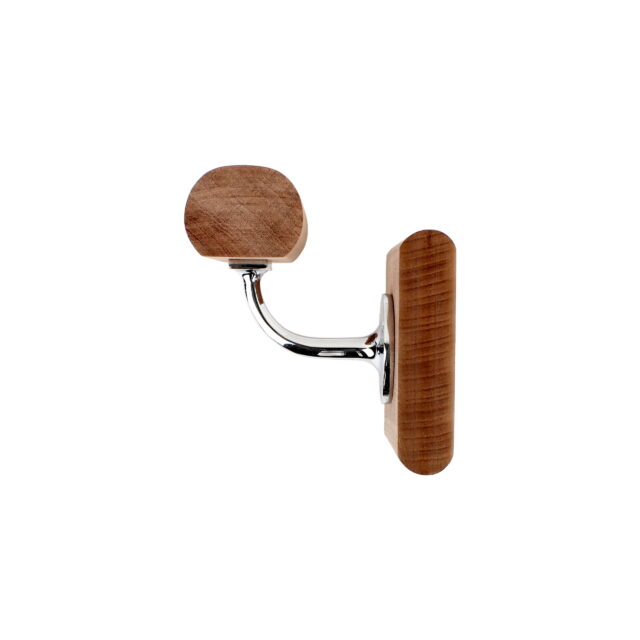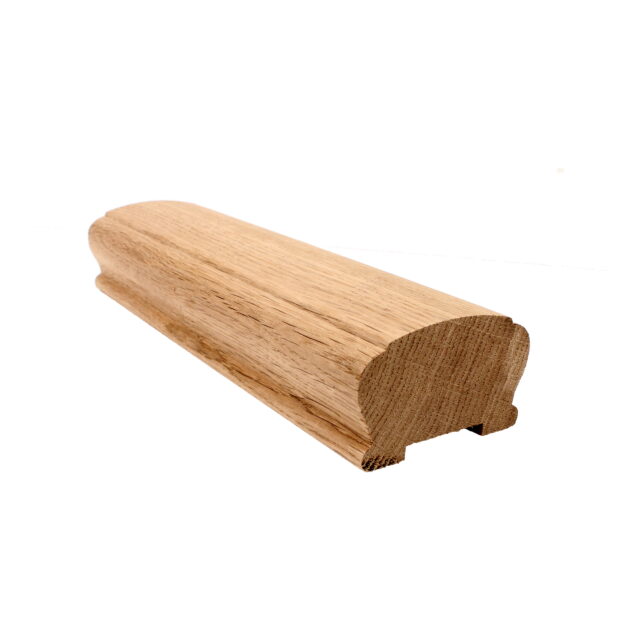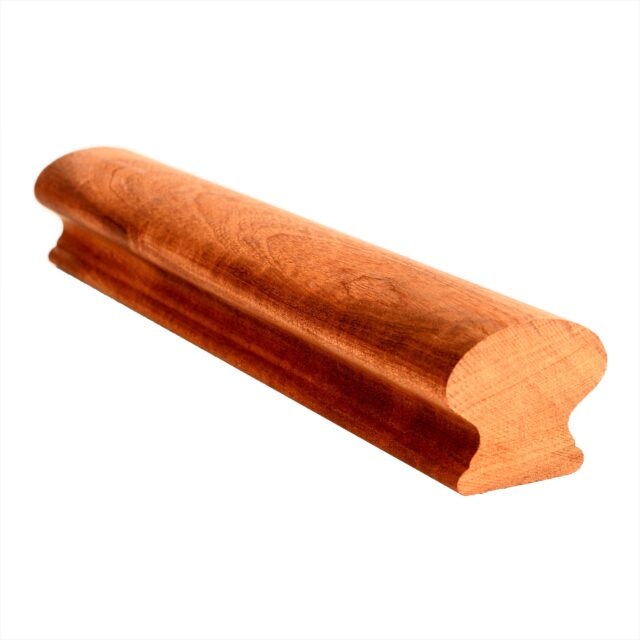Handrail
Handrail for Wooden Staircases
In the realm of home design and safety, handrail for wooden staircases stand as an essential element, blending functionality with aesthetic appeal. This product category encompasses a diverse range of handrails, each tailored to complement the varied styles of wooden staircases found in UK homes. Below are key aspects of these handrails, divided into five subcategories.
Materials and Durability
Handrails for wooden staircases are crafted from a variety of materials to ensure durability and strength. The most common material is wood, chosen for its natural beauty and ease of integration with existing wooden structures. Oak, pine, and mahogany are popular choices, each offering a unique grain and colour palette. For a more modern and robust option, metal handrails, particularly those made from wrought iron or stainless steel, are increasingly popular. These materials are not only durable but also provide a sleek contrast to the wooden stairs.
Design and Aesthetics
The design of handrails is a crucial consideration, as they significantly contribute to the staircase’s overall aesthetic. Traditional designs often feature intricate carvings and classic patterns, exuding elegance and timelessness. Contemporary designs, on the other hand, lean towards minimalism and clean lines, suitable for modern interiors. Glass handrails, though less common, offer a cutting-edge, transparent look that maximises light and space. The versatility in design ensures that there is a handrail to match any home’s style and décor.
Safety and Compliance
Safety is paramount when it comes to handrails. They must provide a secure grip and withstand the pressure exerted during regular use. UK building regulations dictate specific standards for handrails, including height requirements and load-bearing capabilities. These regulations ensure that handrails are not only aesthetically pleasing but also safe and functional. Homeowners should ensure compliance with these standards, particularly in homes with children, the elderly, or individuals with mobility issues.
Installation and Maintenance
The installation process for handrails varies depending on the type and design. Some handrails are designed for easy DIY installation, while others may require professional fitting, especially when dealing with complex designs or materials like glass or metal. Maintenance is another crucial aspect, particularly for wooden handrails, which may need regular treatment to prevent wear and damage from environmental factors. Metal and glass handrails, conversely, typically require less maintenance, often only needing regular cleaning to maintain their appearance.
Customisation Options
Customisation is a significant advantage in this category. Many manufacturers offer bespoke handrail solutions, allowing homeowners to select the exact material, design, and dimensions to suit their staircase and interior decor. This customisation ensures that the handrail not only fits the staircase perfectly but also reflects the homeowner’s personal style and preferences. From selecting the type of wood and finish to incorporating unique design elements, the possibilities for personalisation are extensive.
In conclusion, handrails for wooden staircases are more than just functional components; they are integral to the safety, aesthetics, and overall character of a home. With the variety of materials, designs, and customisation options available, homeowners can find the perfect handrail to complement their wooden staircase and enhance their living space.




